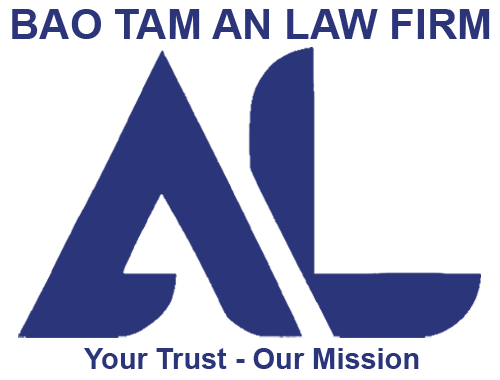Employer Defense Attorney
- During the course of employment under a labour contract, disagreements can arise between businesses and the employees working for them. Typically, businesses, with their position and expertise within their specialised departments, can propose solutions and expect employees to accept them.
- However, there are instances where the solutions presented by businesses diverge significantly from legal regulations. This can greatly impact the employees, leading them to reject such proposals and potentially file lawsuits to resolve the issues in court. These discrepancies often arise from administrative procedures when businesses exercise their rights, turning what should be a legitimate exercise of rights according to legal provisions into unlawful actions.
- Furthermore, conflicts can also emerge due to disagreements between groups of employees and businesses. These disagreements might stem from the enactment and implementation of company policies related to employee benefits or from misunderstandings and misapplications of legal regulations. Such disputes are referred to as collective labour disputes.
Relevant Legal Documents:
- Labour Code 2019.
- Decree 145/2020/NĐ-CP.
Solutions for Resolving Disputes in the Workplace:
Establish and Implement Company Procedures and Regulations in Compliance with the Law:
- In the case of unilaterally terminating an employment contract due to the employee’s consistent failure to complete assigned tasks, it is crucial for the company to establish a legally compliant evaluation policy. This policy should be developed in a transparent manner, incorporating feedback from the employee before its implementation. The evaluation process itself should be transparent, well-documented, and supported by ample evidence to substantiate the company’s decision.
- If there is any lack of confidence in the internal processes and regulations of the company, it is advisable for the business to engage with legal offices or law firms for assistance. These professionals can provide guidance, review, and scrutinise the company’s documents to ensure that the established regulations are legally sound, logical, and enforceable.
Frequent Dialogues with Employees, Particularly Regarding Collective Labor Regulations and Policies:
- Regular communication with employees, especially on matters related to collective labour regulations and policies, is essential. These dialogues serve as a platform for mutual understanding between the business and employees, reducing the risk of conflicts.
- In the event of policy changes, especially those that may impact employees’ rights, the company should engage in additional discussions with the grassroots trade union, local labour unions, and invite these entities to participate in the dialogue. This ensures that any unexpected issues affecting employees’ rights are addressed collaboratively.
- For issues stemming from legal regulation changes, businesses can also invite legal professionals, such as lawyers, to participate. This helps in providing clear and detailed explanations to employees about the policy changes, fostering transparency and understanding among the workforce.
Resolving Disputes in Court:
- When conflicts escalate to a point where communication breaks down and parties cannot reach an agreement, the court becomes the final authority for resolution.
- In the event that a dispute needs to be brought to court, the business (whether as the plaintiff or defendant) must adequately prepare evidence to substantiate its arguments. This is crucial for safeguarding the legitimate rights and interests of the business. Evidence may include documents signed by employees or their representatives, internal documents publicly disclosed by the company, email correspondences, chat records, as well as images and videos depicting the real situations that have arisen.
To ensure the best protection of its rights, the business should seek assistance from entities with expertise and experience in legal matters. If there are any uncertainties or questions, do not hesitate to contact An Luật Việt Nam. Our company, with a team of experienced lawyers and consultants, is ready to provide advice to clients for the optimal resolution of issues and disputes arising within the organisation.
In cases requiring resolution in court, An Luật Việt Nam offers litigation services (drafting legal complaints, representing clients under power of attorney, involving lawyers in legal proceedings, preparing counterclaims, handling appeals, etc.) to ensure the best possible protection of clients’ rights in the legal proceedings.
